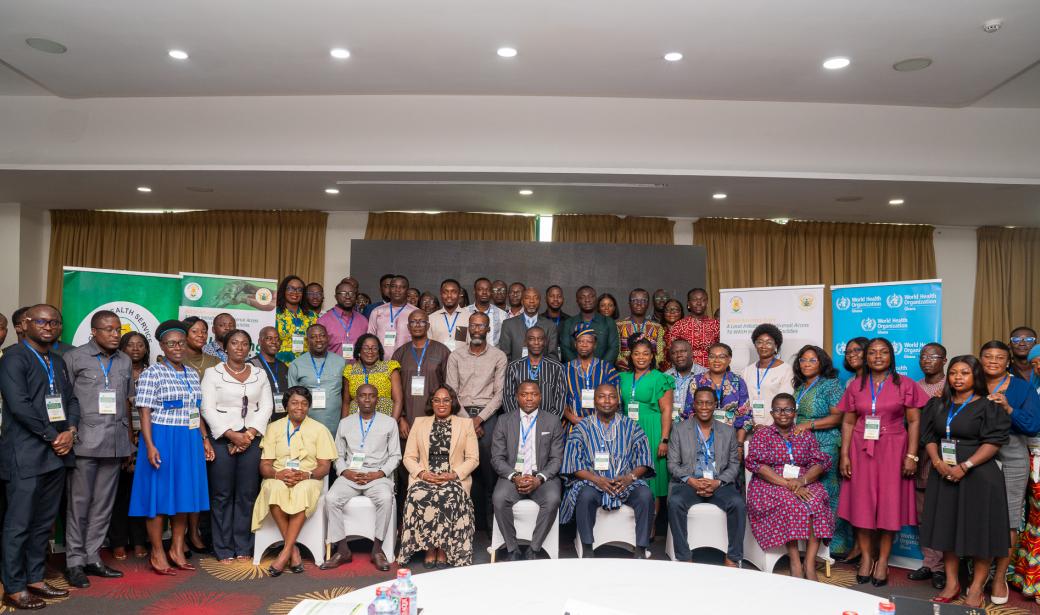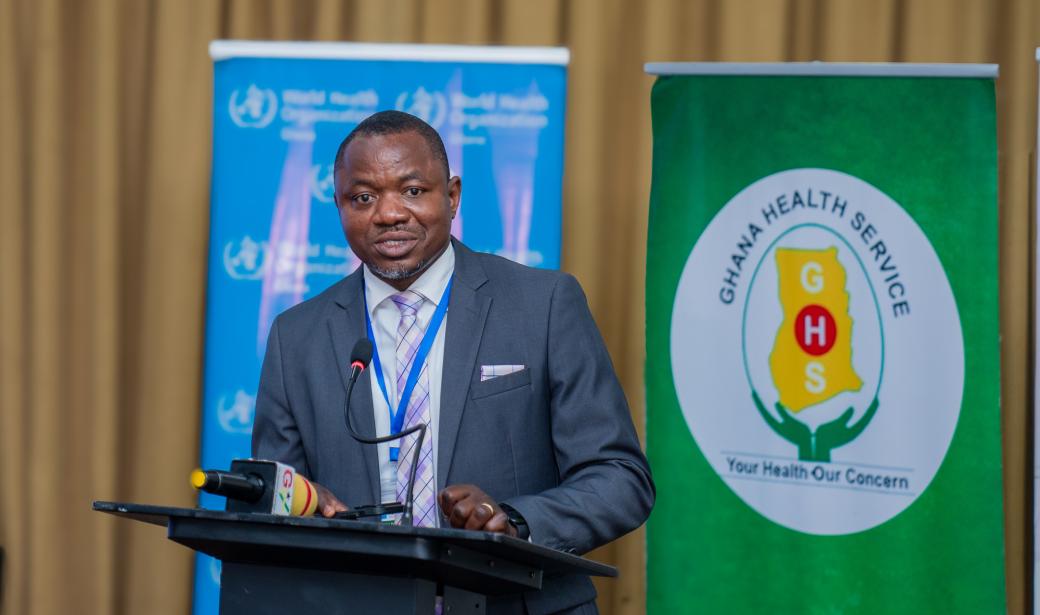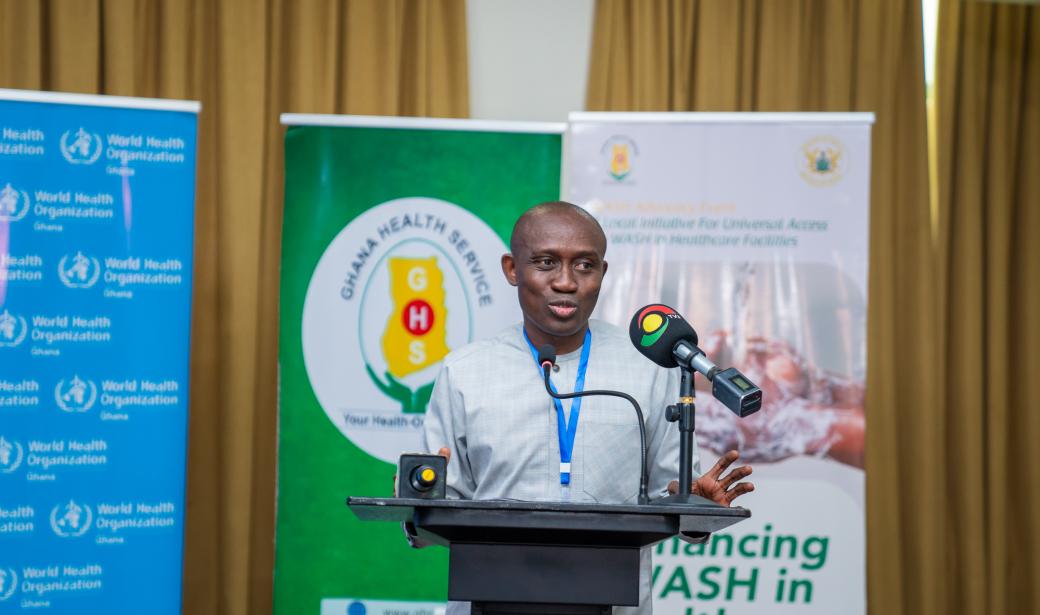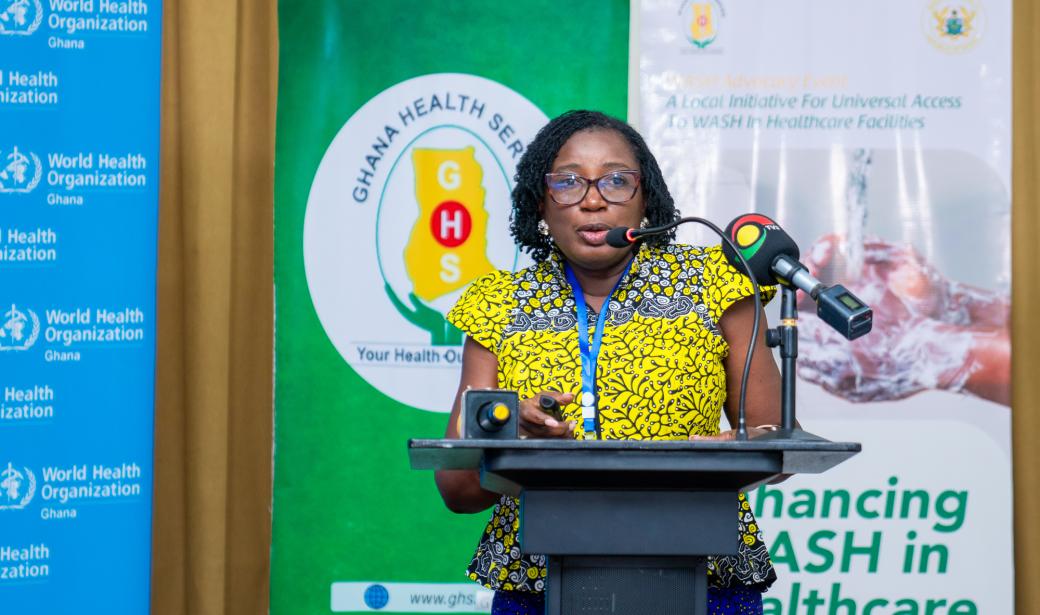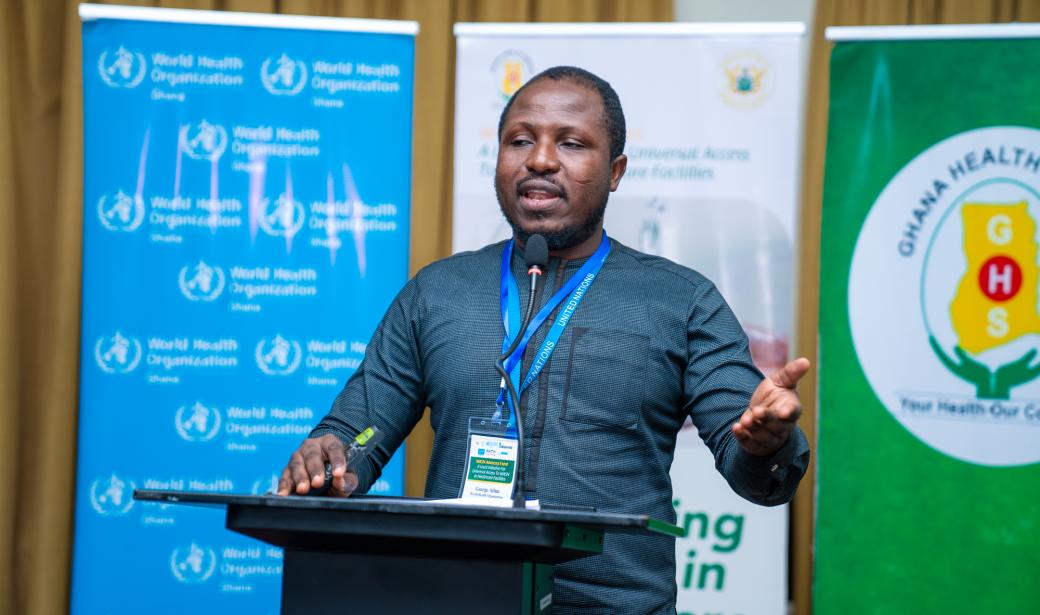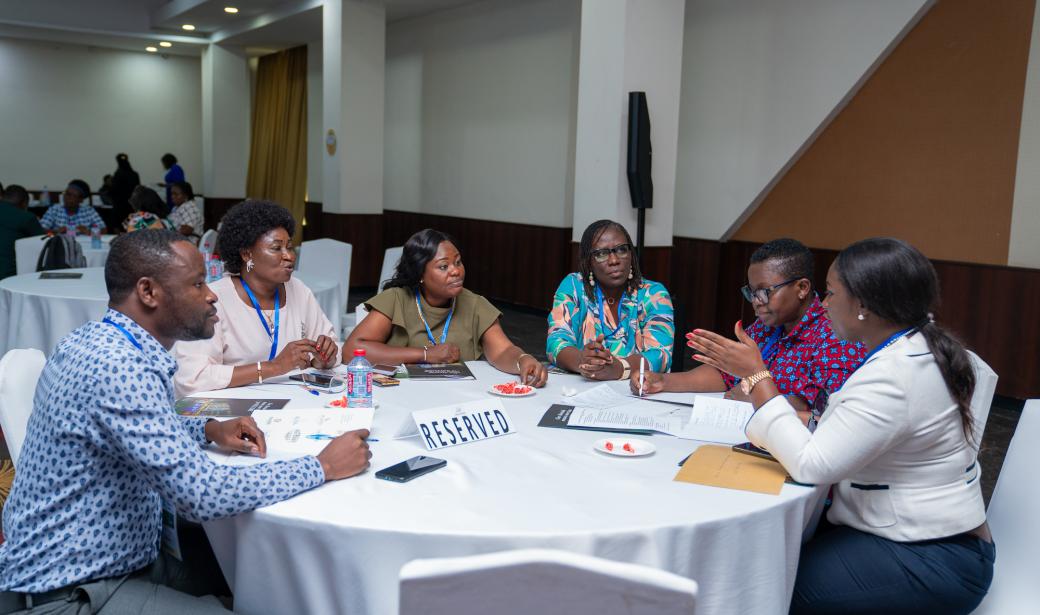In many health facilities across Ghana, a safe birth, a sterile surgery or even a clean pair of hands may not be guaranteed—not because of a lack of expertise, but because of lack of adequate water, sanitation, and electricity.
Despite progress in improving access to Water, Sanitation and Hygiene (WASH) services, too many healthcare facilities across Ghana still lack the basics needed for safe and quality care. A recent Harmonised Health Facility Assessment indicates, 81% of health facilities have basic water and 56% have basic hygiene. Rural areas are far worse, with facilities lacking reliable electricity and clean water, undermining health care delivery, infection prevention, and patient safety.
Without safe water, functional sanitation, reliable power, and proper waste management, healthcare becomes compromised. Patients, providers, and families are all at increased risk of infection and hospitals cannot meet basic safety or quality standards.
The dialogue brought together over sixty representatives across fourteen sectors spanning health, education, planning, utility providers, local government, professional associations, academia, and civil society to reflect and explore opportunities to enhance WASH in healthcare facilities in the country. This wasn’t just another dialogue, it marked one of the most inclusive national conversations on the subject to date.
Speaking on behalf of the WHO Ghana Representative, Dr Angela Ackon underscored the economic and public health urgency of the issue.
“The message is clear – the lack of WASH in healthcare facilities not only compromises quality of health care delivery, but also significant economic implications. We can’t save millions of lives without accelerated actions and investments to scale up WASH services in healthcare settings”, she said.
Stakeholders reviewed Ghana’s current WASH landscape, discussed the burden of healthcare-associated infections, and identified pathways for improved governance, equity, financing, monitoring, and community engagement. A standout moment came from the Bongo District in the Upper East Region, where local leaders shared practical steps taken to improve WASH at the facility level:
• Assigning WASH focal persons and improving data reporting in DHIMS2
• Regular WASH/IPC assessments and action planning
• Monthly clean-up campaigns and internal facility-led maintenance
These are real-world examples of what is possible when systems are aligned, and local leadership is empowered.
“The challenges in the provision of WASH in healthcare facilities are multisectoral – the health sector cannot do this alone. It requires our collective efforts to scale up and sustain coverage of WASH and electricity services, especially in the remote parts of our country”, he said.
Importantly, stakeholders developed a formal communique outlining priority actions and endorsed the development of an advocacy roadmap. They also agreed to reactivate the national WASH and Infection Prevention and Control (IPC) Technical Committee Group to drive implementation and oversight.



